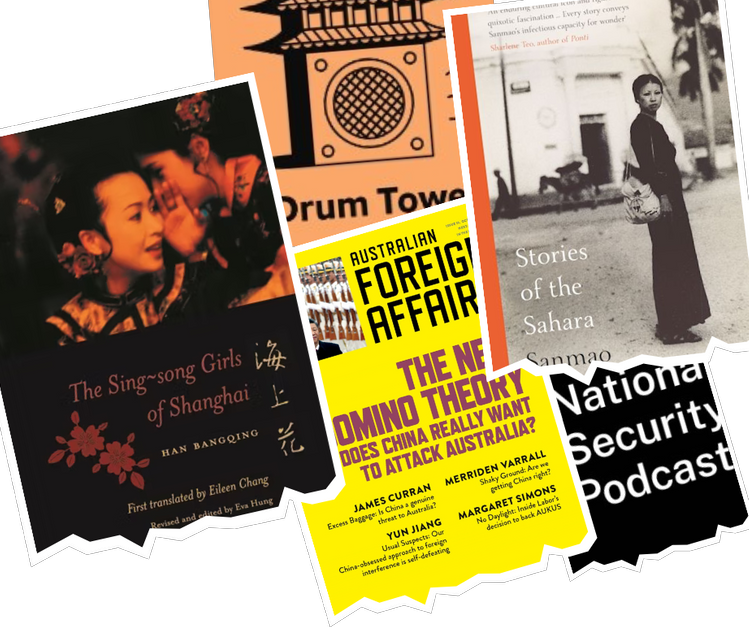We’re asking contributors to put together their own short collected observations like this one – and as always, if you’ve got an idea to pitch for The Interpreter, drop a line via the contact details on the About page.
I was in China last month, the first time in nine years. And China after nine years is a completely different country.
While I was there, I visited a bookshop. But most people in China these days buy books online (via mobile apps). In fact, they buy almost everything via apps, from clothes to small appliances, from daily groceries to food delivery. Mobile e-commerce is ubiquitous compared to Australia. Yet, if you browse through China’s websites, you’d come away with the impression that China’s internet is still stuck from decades ago.

Bookshops are dominated by exercise books for schoolchildren. You might get the mistaken notion that people there don’t read fiction much. They do, but they are increasingly turning to web novels (via apps again) for contemporary fiction. As I was in the bookshop, I bought some classic novels: The Sing-song Girls of Shanghai by Bangqing Han (1892 novel in Wu Chinese, my first language, and translated into Mandarin Chinese and English by the legendary Eileen Chang) and Stories of the Sahara (1976) by the celebrated Taiwanese author Sanmao, both available in English translations.
Travelling gives me plenty of time to tune into podcasts. Drum Tower by The Economist with Alice Su and David Rennie as well as China Stories by the China Project have kept me company on these long flights and high-speed rail trips.
I was in China to do research on Australia-China relations and my report will come out next month. But it would be remiss for me to not mention some work on this now. The latest issue of the Australian Foreign Affairs is on Australia-China, titled “The New Domino Theory”. And if you’re interested in how bilateral relations intersect with diversity and inclusion, Olivia Shen from the ANU National Security College hosted a podcast on this topic with Jennifer Hsu and me.

